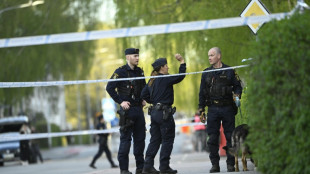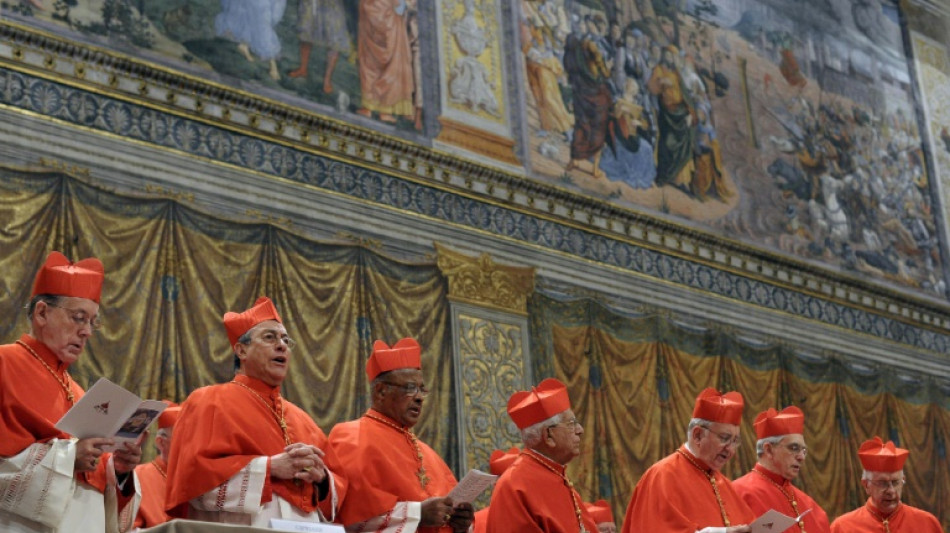
-
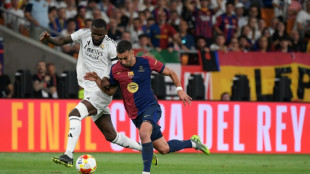 Real Madrid's Rudiger banned for six matches after Copa final red
Real Madrid's Rudiger banned for six matches after Copa final red
-
Firmino, Toney fire Al Ahli into AFC Champions League final
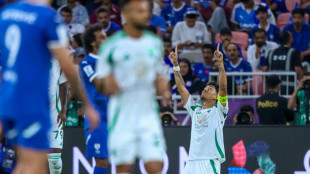
-
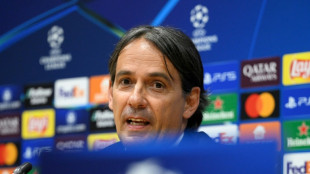 Maximum respect for Barca but no fear: Inter's Inzaghi
Maximum respect for Barca but no fear: Inter's Inzaghi
-
Trump signals relief on auto tariffs as industry awaits details
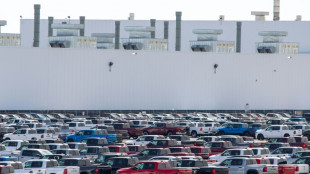
-
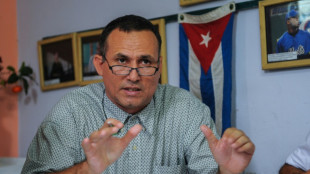 Cuban court revokes parole of two prominent dissidents
Cuban court revokes parole of two prominent dissidents
-
Narine leads from the front as Kolkata trump Delhi in IPL
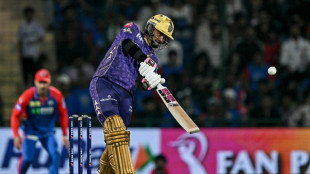
-
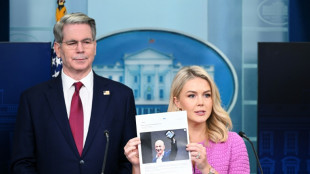 Amazon says never planned to show tariff costs, after White House backlash
Amazon says never planned to show tariff costs, after White House backlash
-
Djokovic to miss Italian Open
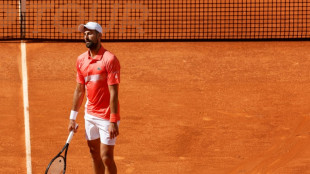
-
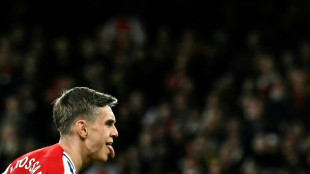 Trossard starts for Arsenal in Champions League semi against PSG
Trossard starts for Arsenal in Champions League semi against PSG
-
Sweden shooting kills three: police
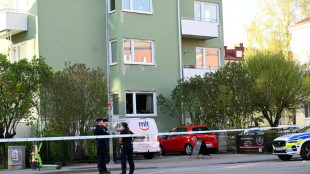
-
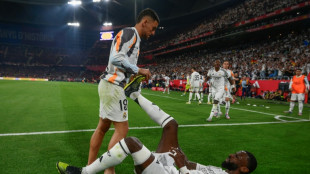 Real Madrid's Rudiger, Mendy out injured until end of season
Real Madrid's Rudiger, Mendy out injured until end of season
-
Dubois' trainer accuses Usyk of 'conning boxing world'
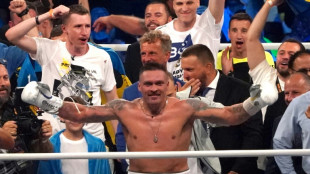
-
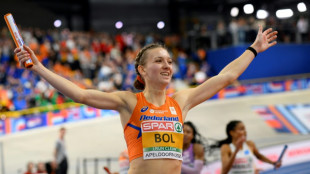 Femke Bol targets fast return after draining 2024
Femke Bol targets fast return after draining 2024
-
Asterix, Obelix and Netflix: US streamer embraces Gallic heroes
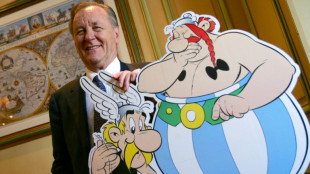
-
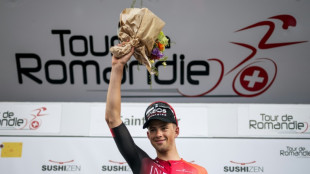 Watson wins Tour de Romandie prologue, Evenepoel eighth
Watson wins Tour de Romandie prologue, Evenepoel eighth
-
Amazon says never decided to show tariff costs, after White House backlash
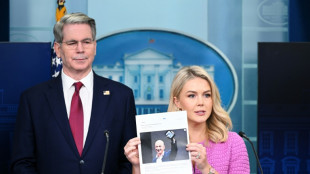
-
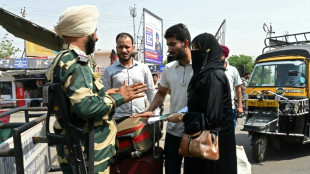 India gives army 'operational freedom' to respond to Kashmir attack
India gives army 'operational freedom' to respond to Kashmir attack
-
Stocks advance as investors weigh earnings, car tariff hopes
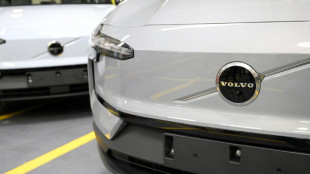
-
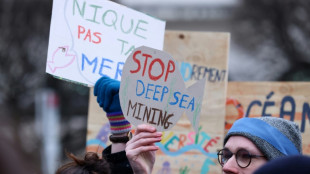 Canadian firm makes first bid for international seabed mining license
Canadian firm makes first bid for international seabed mining license
-
Kardashian robbery suspect says heist was one 'too many'
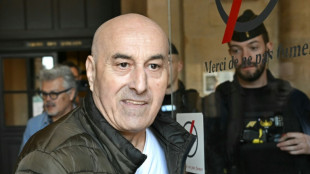
-
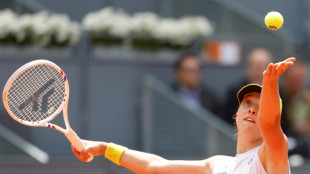 'Chilled' Swiatek scrapes into Madrid Open last eight
'Chilled' Swiatek scrapes into Madrid Open last eight
-
Interconnectivity: the cornerstone of the European electricity network
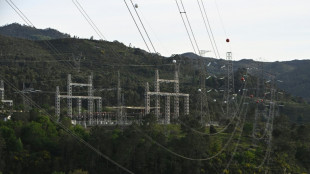
-
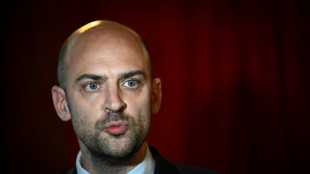 France accuses Russian military intelligence of cyberattacks
France accuses Russian military intelligence of cyberattacks
-
Multiple challenges await Canada's Carney

-
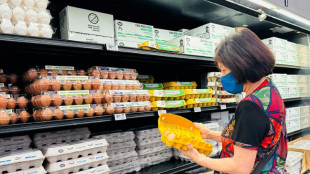 US consumer confidence hits lowest level since onset of pandemic
US consumer confidence hits lowest level since onset of pandemic
-
How climate change turned Sao Paulo's drizzle into a storm
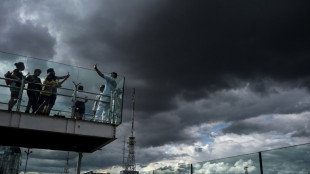
-
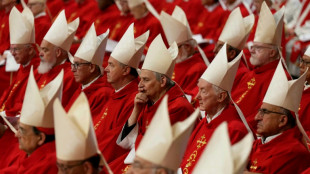 Video game rides conclave excitement with cardinal fantasy team
Video game rides conclave excitement with cardinal fantasy team
-
Candles and radios in demand in Spain as blackout lessons sink in
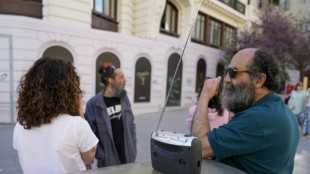
-
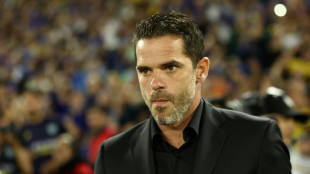 Boca Juniors sack coach Gago ahead of Club World Cup
Boca Juniors sack coach Gago ahead of Club World Cup
-
Trump celebrates tumultuous 100 days in office as support slips
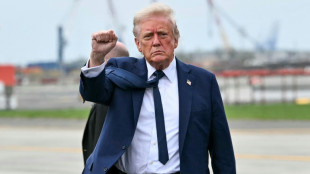
-
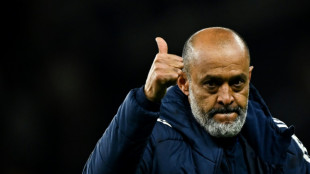 Forest face 'biggest games of careers' in Champions League chase: Nuno
Forest face 'biggest games of careers' in Champions League chase: Nuno
-
Stocks waver as investors weigh earnings, car tariff hopes
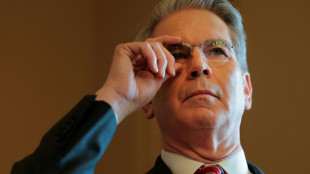
-
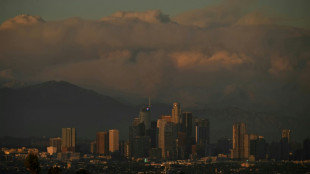 US climate assessment in doubt as Trump dismisses authors
US climate assessment in doubt as Trump dismisses authors
-
W. House slams Amazon over 'hostile' plan to display tariff effect on prices
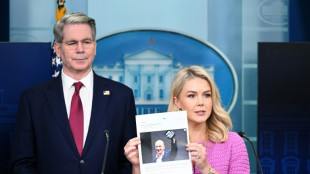
-
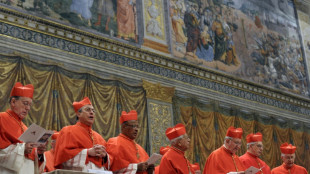 What we know ahead of conclave to elect new pope
What we know ahead of conclave to elect new pope
-
EU top court rules 'golden passport' schemes are illegal
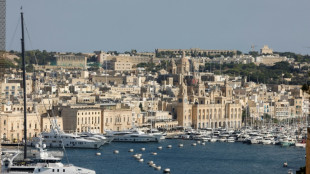
-
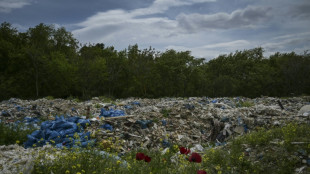 Mounds of waste dumped near Athens's main river: NGO
Mounds of waste dumped near Athens's main river: NGO
-
Spain starts probing causes of massive blackout
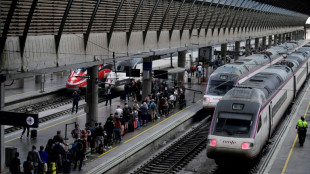
-
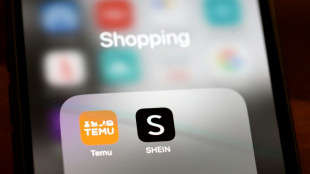 France targets cheap Chinese goods with fee on packages
France targets cheap Chinese goods with fee on packages
-
Amnesty accuses Israel of 'live-streamed genocide' in Gaza

-
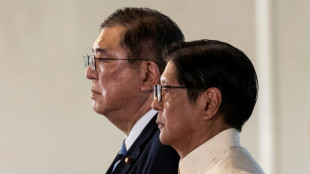 Japan, Philippines leaders vow to deepen security ties
Japan, Philippines leaders vow to deepen security ties
-
AstraZeneca moves some production to US amid tariff threat
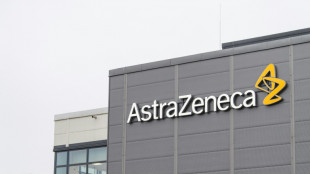
-
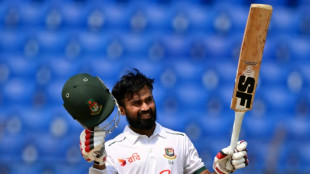 Shadman's ton gives Bangladesh lead in 2nd Zimbabwe Test
Shadman's ton gives Bangladesh lead in 2nd Zimbabwe Test
-
Barca's Yamal: I admire Messi but don't compare myself to him
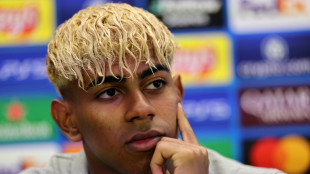
-
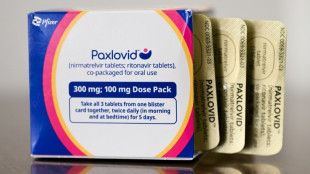 Pfizer profits dip on lower Paxlovid sales
Pfizer profits dip on lower Paxlovid sales
-
French right-wing TV host fans talk of presidential bid
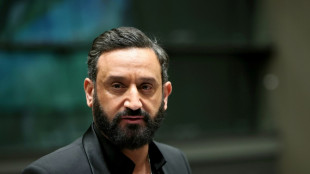
-
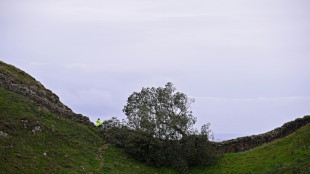 Two men in court charged with 'moronic' felling of famed UK tree
Two men in court charged with 'moronic' felling of famed UK tree
-
Amnesty accuses Israel of 'live-streamed genocide' against Gazans

-
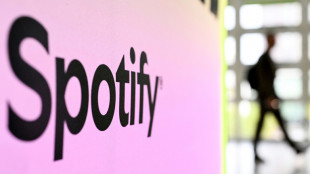 Spotify posts record profit in first quarter
Spotify posts record profit in first quarter
-
Sciver-Brunt named as England women's cricket captain
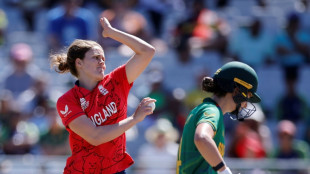

What we know ahead of conclave to elect new pope
Cardinals from around the world will meet under Michelangelo's frescoes in the Sistine Chapel on May 7 to elect a new leader of the Catholic Church after Pope Francis's death.
Dating back to the Middle Ages -- when the idea of sovereigns being elected was somewhat revolutionary -- the gathering, known as a conclave, has an air of mystery about it, as all participants are sworn to secrecy for life.
Here is what we know about the process:
- Where and when -
On Monday May 5, two days before the conclave, officials and staff taking part in the conclave will gather at 5:30 pm (1530 GMT) to sign an oath of secrecy.
The day itself, Wednesday May 7, will begin with a special mass at 10:00 am in St Peter's Basilica.
The conclave begins at 4:30 pm following a prayer in the Vatican's Pauline Chapel.
Cardinals will walk in procession to the Sistine Chapel before taking their oath of secrecy.
The conclave will last until a new pontiff is elected.
Cardinals wear different garments depending on whether they are from the Latin or Eastern churches.
Those in the Latin Church will don a "red robe with sash, rochet, mozzetta, pectoral cross with red and gold cord, ring, zucchetto (cap) and biretta", while those in the Eastern Church wear their "own choir dress", the Vatican said.
Each cardinal will wear an accreditation badge around his neck to help identify them as electors.
While it took almost three years to appoint Pope Gregory X in the 13th century -- the longest conclave to date -- modern gatherings are usually a matter of days.
Both Francis and his predecessor, Benedict XVI, were elected after two days of voting.
- Who takes part -
Only 133 of the Church's 252 cardinals are expected to take part in the conclave, as only those aged under 80 are eligible to vote for a new pope.
There are 135 eligible voters but the Vatican announced on Tuesday that two cardinals had dropped out for health reasons.
The archdiocese of Valencia in Spain confirmed to AFP that its archbishop emeritus, Cardinal Antonio Canizares was one of those who would not attend.
Most of those -- around 80 percent -- allowed to vote were appointed by Francis. They hail from all corners of the globe, with many from under-represented regions.
- Secrecy and security -
The word conclave comes from the Latin for "with key", a reference to the lockdown imposed on cardinals during the conclave.
Their deliberations are held in the strictest secrecy on pain of instant excommunication. Smartphones and any internet access are off-limits and cardinals cannot read newspapers, listen to the radio or watch TV.
The cardinals stay in the Santa Marta residence at the Vatican until they elect a new pope.
Any contact with the outside world is permitted only for "grave and urgent reasons", which need to be confirmed by a panel of four peers.
Only cardinal electors are allowed to be present during the actual voting, although others including doctors, clerical assistants and housekeeping staff are authorised to enter at different times.
- How voting unfolds -
Cardinals hold four ballots a day -- two each in the morning and afternoon -- until one candidate wins two-thirds of the votes, currently 89 ballots.
At the end of each session, the ballots are burned in a special stove. With the addition of chemicals, the stove's chimney stack emits black smoke if no one has been elected, or white smoke if there is a new pope.
If no new pope is elected after three days, cardinals take a break and hold a day of prayer and talks.
Any single Catholic adult male can be elected pope, although in practice it is almost always one of the cardinals.
Sick cardinals are allowed to cast their ballots from their beds within the Vatican.
- What happens next -
The winning candidate is asked by the Dean of Cardinals if he accepts the pontificate and, if the answer is 'yes', what name he chooses as pontiff.
The new leader of the world's 1.4 billion Catholics then comes out onto a balcony overlooking the crowds in St Peter's Square as a senior cardinal cries: "Habemus Papam" (We have a pope)!
R.Kloeti--VB

